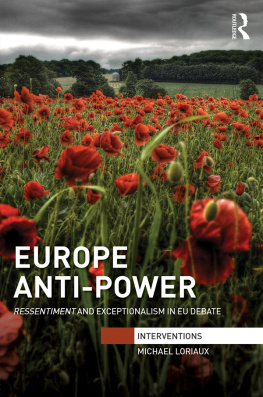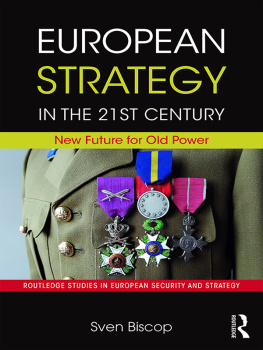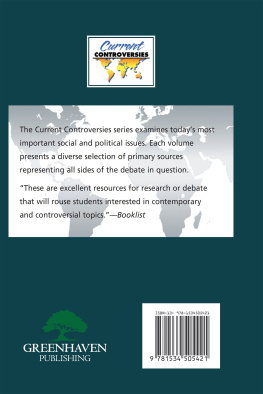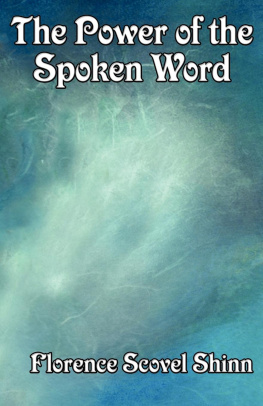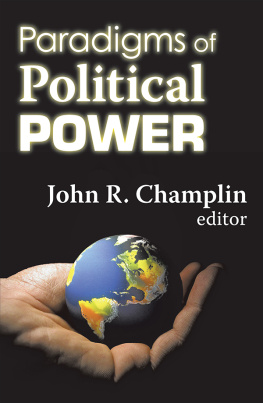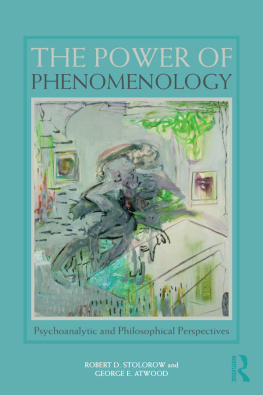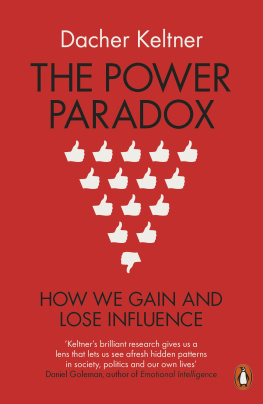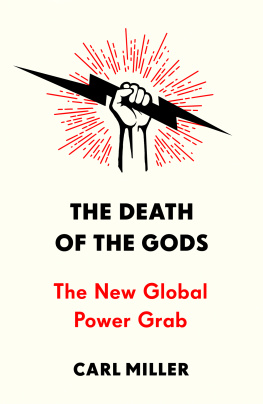Europe Anti-Power
The EU seeks to define a role for itself in power politics while remaining firm in its rejection of power politics. In order to make power compatible with the European project, EU debate has appended a number of progressive adjectives to the word power, adjectives like civilian and normative, among others. This book asks what is power, such that it can be modified, tamed, and modulated by adjectives, yet remain powerful?
Loriaux passes EU debate on power through the mill of phenomenological and post-phenomenological analysis, juxtaposing it against writings by Machiavelli, Agamben, Thucydides, Nietzsche, Patoka, and Levinas. The book locates power in power/play, the theatrical, staged representation of threat that generates aesthetic effect and undecidability. Power/play endows the word power with perlocutionary force, which the adjectives of EU qualified power actually enhance rather than moderate. Loriaux argues that EU discourse on power therefore risks inviting EU exceptionalism, or risks lapsing into an expression of EU ressentiment, rather than advancing a new, progressive understanding of power. If the European Union is to remain steadfast in its opposition to power politics, it must represent itself as anti-power.
This book will be of interest to those who work in the area of EU foreign policy, as well as to those who have a more general theoretical interest in the concept of power.
Michael Loriaux is Professor of Political Science at Northwestern University, USA. His teaching and research areas are International Relations, the European Union, and Critical Theory. He is the author of European Union and the Deconstruction of the Rhineland Frontier (2008).
Interventions
Edited by Jenny Edkins
Aberystwyth University
and Nick Vaughan-Williams
University of Warwick
The series provides a forum for innovative and interdisciplinary work that engages with alternative critical, post-structural, feminist, postcolonial, psychoanalytic and cultural approaches to international relations and global politics. In our first 5 years we have published 60 volumes.
We aim to advance understanding of the key areas in which scholars working within broad critical post-structural traditions have chosen to make their interventions, and to present innovative analyses of important topics. Titles in the series engage with critical thinkers in philosophy, sociology, politics and other disciplines and provide situated historical, empirical and textual studies in international politics.
We are very happy to discuss your ideas at any stage of the project: just contact us for advice or proposal guidelines. Proposals should be submitted directly to the Series Editors:
Jenny Edkins () and
Nick Vaughan-Williams ().
As Michel Foucault has famously stated, knowledge is not made for understanding; it is made for cutting. In this spirit the EdkinsVaughan-Williams Interventions series solicits cutting-edge, critical works that challenge mainstream understandings in international relations. It is the best place to contribute post-disciplinary works that think rather than merely recognize and affirm the world recycled in IRs traditional geopolitical imaginary.
Michael J. Shapiro, University of Hawaii at Manoa, USA
For a complete list of titles in this series, please visit www.routledge.com/series/INT
Walzer, Just War and Iraq
Ethics as response
Ronan OCallaghan
Politics and Suicide
The Philosophy of Political Self-destruction
Nicholas Michelsen
Late Modern Palestine
The subject and representation of the second intifada
Laura Junka-Aikio
Negotiating Corruption
NGOs, governance and hybridity in West Africa
Laura Routley
The Biopolitics of Lifestyle
Foucault, ethics and healthy choices
Christopher Mayes
Critical Imaginations in International Relations
Aoileann N Mhurch and Reiko Shindo
Time, Temporality and Violence in International Relations
(De)fatalizing the present, forging radical alternatives
Edited by Anna M. Agathangelou and Kyle Killian
Lacan, Deleuze and World Politics
Rethinking the ontology of the political subject
Andreja Zevnik
The Politics of Evasion
A post-globalization dialogue
Robert Latham
Researching War
Feminist methods, ethics and politics
Edited by Annick T. R. Wibben
Chinas International Relations and Harmonious World
Time, space and multiplicity in world politics
Astrid Nordin
Narrative Global Politics
Theory, history and the personal in International Relations
Edited by Naeem Inayatullah and Elizabeth Dauphinee
On the Greek Origins of Biopolitics
Contesting Michel Foucaults genealogy of biopower
Mika Ojakangas
Insuring Life
Value, security and risk
Luis Lobo-Guerrero
The Global Making of Policing
Postcolonial perspectives
Jana Hnke and Markus-Michael Mller
Cultural Politics of Targeted Killing
On drones, counter-insurgency, and violence
Kyle Grayson
Europe Anti-Power
Ressentiment and exceptionalism in EU debate
Michael Loriaux
Michael Loriauxs book is a model of political analysis. Read it, above all teach it. A profound understanding of power informs the detailed ways in which it tracks the history of European debate. If you want to understand how current problematisations of security have helped bring the European project to the brink of dissolution, but also how the very idea of Europe has been inspired by the need to transcend the murderous dynamics of geopolitics, this is the book for you. In philosophically sophisticated yet entirely readable ways, Loriaux details how this ambivalence runs throughout the debate on European security policy.
Michael Dillon, Emeritus Professor of Politics, Lancaster University, UK
Michael Loriauxs superb Europe Anti-Power reconfigures the debate on Europe and power. His highly original readings of the works of Machiavelli, Agamben, Thucydides, and others on the meaning of power underpin his bold claim: the European Union should (re)constitute itself as anti-power. This book is a must read not only for everyone with an interest in European politics, but also for scholars and students concerned with power in IR and Political Science.
Stefan Borg, Swedish Institute for International Affairs and Stockholm University, Sweden
Are we duped by the necessity of power? Loriauxs deconstruction of conventional readings of EU power and his plea for a conception of Europe as anti-power are a provocative and overdue challenge to the debate about the EUs role in global politics.
Thomas Diez, University of Tuebingen, Germany

